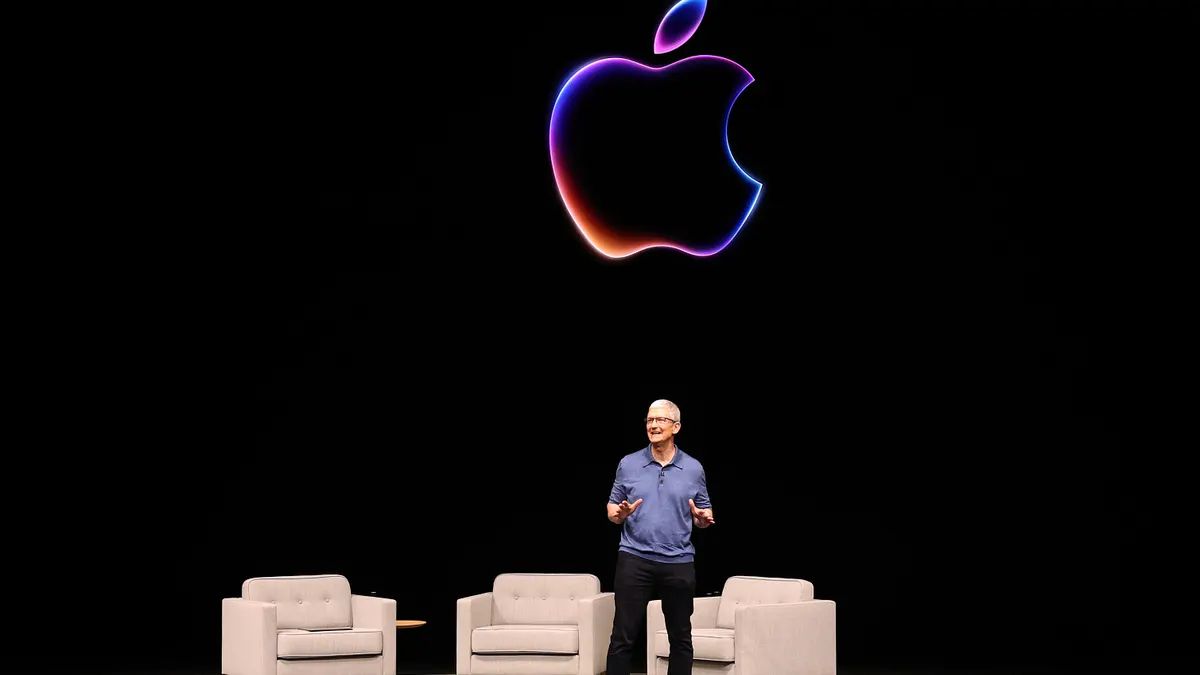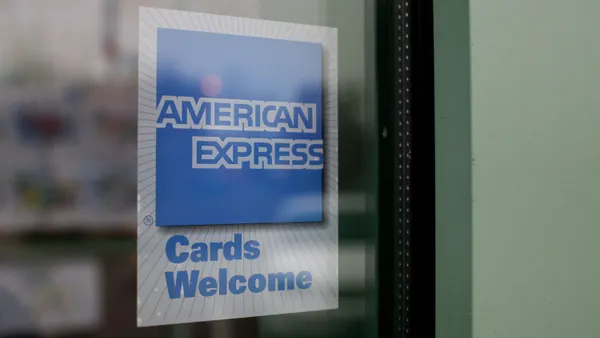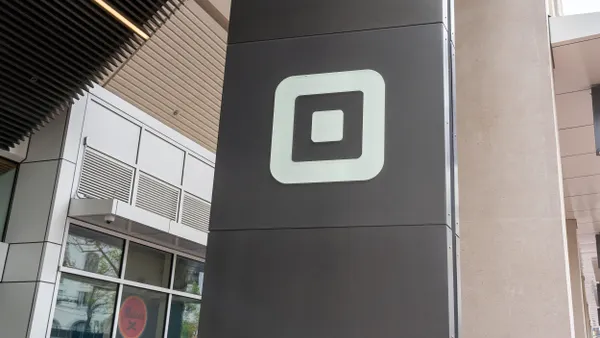A federal judge found that Apple “willfully” violated an injunction limiting the company’s fees on app purchases made outside of Apple’s ecosystem in a scathing decision that also said an Apple vice president had lied under oath.
The ruling Wednesday by District Judge Yvonne Gonzalez Rogers represented a significant victory for Epic Games, the maker of the Fortnite video game, which filed its complaint in 2020 challenging Apple’s app commissions and strategy toward consumers’ purchases. Epic won an injunction the following year.
“There are no do-overs once a party willfully disregards a court order,” Rogers wrote in her order granting Epic’s motion to find that Apple had violated the injunction. “Time is of the essence. The Court will not tolerate further delays.”
The Ninth Circuit U.S. Court of Appeals affirmed Rogers’ ruling in 2023 and early last year the Supreme Court declined to review the case, allowing the injunction to take effect.
During the appeals process, “at every step Apple considered whether its actions would comply, and at every step Apple chose to maintain its anticompetitive revenue stream over compliance,” wrote Rogers, who sits in Oakland for the Northern District of California.
Apple “strongly” disagrees with the decision, CEO Tim Cook said Thursday, addressing the case on the company’s quarterly call with analysts.
“We’ve complied with the court’s order and we’re going to appeal,” Cook said in response to a question on how financially material private and potential U.S. litigation might be to the company’s services business. He added that Apple is monitoring the U.S. antitrust case against Google, “but as you point out there’s risk associated with them, and the outcome is unclear.”
The judge also said an Apple finance executive, Alex Roman, “outright lied under oath” and offered testimony that was “replete with misdirection and outright lies.” She referred the matter to the U.S. Attorney to determine whether a criminal contempt prosecution of Apple is warranted.
Tim Sweeney, the founder and CEO of North Carolina-based Epic Games, wrote Wednesday on X that his company will return Fortnite to Apple’s U.S. App Store next week.
We will return Fortnite to the US iOS App Store next week.
— Tim Sweeney (@TimSweeneyEpic) April 30, 2025
Epic puts forth a peace proposal: If Apple extends the court's friction-free, Apple-tax-free framework worldwide, we'll return Fortnite to the App Store worldwide and drop current and future litigation on the topic. https://t.co/bIRTePm0Tv
He also offered a “peace proposal” to put the game on Apple’s sites globally, and end current and future litigation on the matter, if Apple extends the injunction’s “friction-free, Apple-tax-free framework worldwide.”
Early last year, after multiple internal meetings about how to address in- and off-app payments, Apple introduced a plan to charge a 27% fee for payments made using an external purchase link, aimed at avoiding Apple’s purchase platform and its prior 30% fee.
Epic then contested what Sweeney at the time called Apple’s “bad-faith compliance plan,” which also included an Apple-mandated design flow to direct buyers and a “scare screen” warning users they were leaving Apple’s purview and could face fraud.
The judge said she had barred some Apple policies “that prevented meaningful competition” with in-app purchases. “Apple rewrote those policies by choosing a different anticompetitive path (that was more expensive for developers) with full knowledge of what it was doing,” Rogers wrote.
“Despite numerous opportunities, not once did Apple choose a path that would have shown compliance.”
Lina Khan, the former chair of the Federal Trade Commission, hailed the decision as “a long-awaited win for innovators, consumers, and the rule of law,” in a post Thursday on the X social media platform. She called Apple’s fee “an exorbitant tax on Americans who use its App Store. Congratulations to everyone who helped ensure fair competition would prevail.”
Epic Games sued Google over the same issue in 2020, with respect to consumer payments bypassing Google’s Android operating system. That trial ended in Epic’s favor, with Google currently pursuing an appeal.













